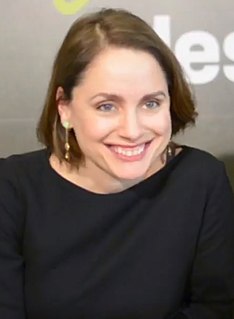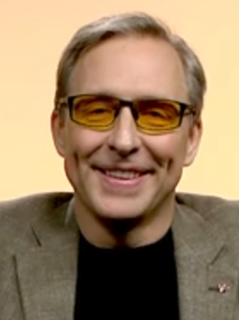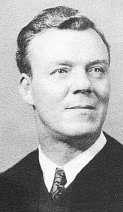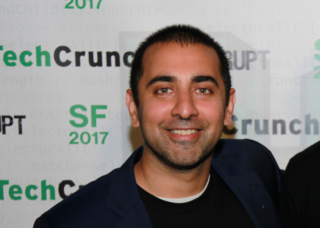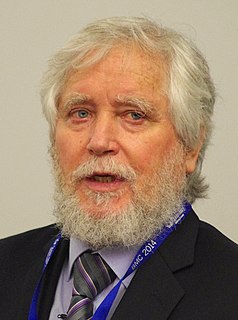A Quote by Peter Landin
Most papers in computer science describe how their author learned what someone else already knew.
Related Quotes
You learned that it was easy frighteningly easy to get lost in someone else's life accommodating him and stop being yourself. You learned to be wary about falling in love. And you learned that someone who loved you could stop loving you for some dark reason and even though that was bruising you were more resilient than you knew. Eventually you would get over it more or less.
My background, I really am a computer hacker. I've studied computer science, I work in computer security. I'm not an actively a hacker, I'm an executive but I understand the mindset of changing a system to get the outcome that you want. It turns out to make the coffee, the problem is actually how the beans get turn into green coffee. That's where most of the problems happen.
To say that you have taught when students haven't learned is to say you have sold when no one has bought. But how can you know that students have learned without spending hours correcting tests and papers? . . . check students understanding while you are teaching (not at 10 o'clock at night when you're correcting papers) so you don't move on with unlearned material that can accumulate like a snowball and eventually engulf the student in confusion and despair.





